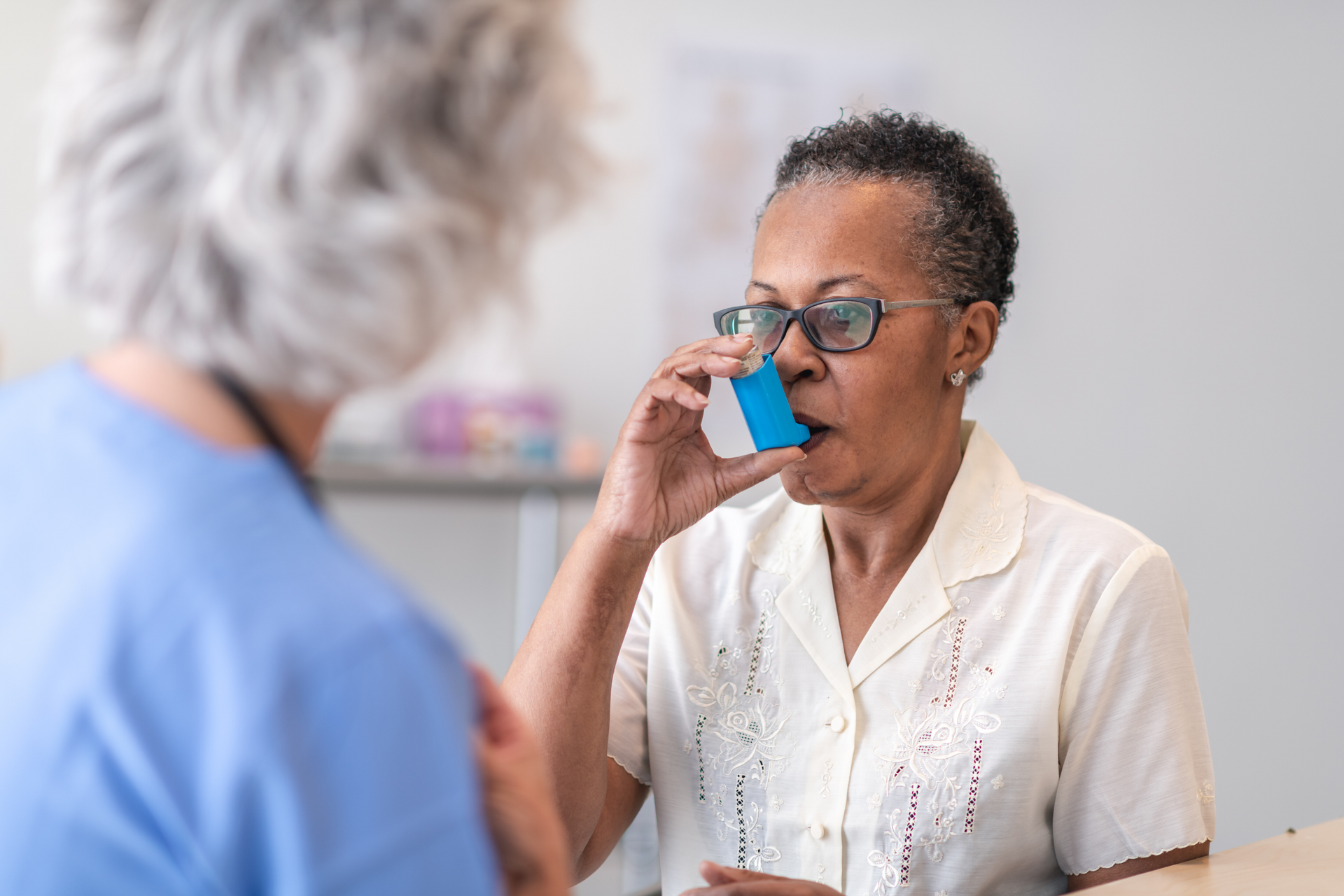How to find Clinical Trials near you
Clinical Trials: How You Can Find Them In Your Area
Many often want to help with clinical research, but are not sure what is offered in their area. This posting will detail how you can find clinical trials in your area, important factors to look for, and the different ways you can sign up.
The NIH researches various diseases and conditions, including cancer, Alzheimer's disease, and multiple allergies and infectious diseases.
Medical institutions often run clinical trials, and those institutions aren't required to advertise their practices. These trials help provide results for the different researches conducted by the institutions.
Here are steps to guide you in finding clinical trials near you.
What are clinical trials?
Clinical trials are studies performed on human volunteers that help researchers learn more about a new treatment, drug, or medical device.
By volunteering for a clinical trial, you are helping improve scientific knowledge about health and improving care for future patients. When you volunteer for a clinical trial, you may be able to receive free medical care and travel expenses as compensation.
Although most trials last from six months to two years, they can continue longer depending on their purpose. You must be 18 years or older to participate in most trials.
Finding clinical trials near me
Do you have a particular medical condition? Or maybe you know someone who does? Have you ever considered signing up for clinical trials? They're an essential source of information, but they can be challenging to find.
The most accessible place to start your search for clinical trials is online. A good starting place is clinicaltrials.gov. This website, sponsored by the National Institutes of Health, offers information on more than 125,000 clinical trials in 180 countries. You can browse through the open clinical trials and find one that you qualify for.
Additionally, you can ask your doctor if they know of any clinical trials they can recommend. Rather than searching for trials yourself, it's important to first discuss it with your doctor about what they feel would be the best course of action.
Know what type of clinical trial you need
It's also essential to find out what types of trials are available and what would be a good fit for you. If you're interested in a modern treatment for your condition, you may want to consider the trial's possible placebo effect and randomization.
Some projects include COVID 19, cancer research, heart attack prevention programs, HIV/AIDS prevention programs, diabetes management tests, etc.
Do you meet the criteria?
Clinicaltrials.gov offers a simple questionnaire that helps you answer some basic questions about your health and situation and then suggests studies that might be suitable for you.
If you find a study you want to participate in, check to see if you qualify. Some factors may include your age, gender, location, diagnosis, and medical history.
Take time to educate yourself about any possible side effects, the particulars of each study, whether or not there is compensation, and your rights as a volunteer.
Is the Trial Free or Paid?
Some clinical trials are free while others provide some kind of compensation. If it's a paid trial, you will generally receive a small payment (usually between $300 and $1500) after you have completed it. The money is sent directly to you or through your doctor's office.
On top of receiving payment for completing a clinical trial, many companies offer travel expenses, medical coverage, and other incentives like gift cards or discounted movie tickets.
Check with each company that is recruiting in your area!
Signing up for the trial
You could start your search with an internet search using keywords related to your disease and include terms like a clinical trial, trials, research study, etc.
It may also be helpful to find out what types of clinical trials are open in your area.
There are many ways to sign up for clinical trials; they include:
Online registration: It's easy because many websites allow you to sign up. Also, it's a great way to find out about studies that are recruiting in your area.
Phone in registration: You call the study recruitment centers and provide your information, then they send you more information about the trial. Though not all clinical trials accept these, some do.
Doctors Referral: It's the most common way to sign up for a clinical trial where your nurse or physician may recommend you for an upcoming study based on your health condition.
Walk-in registration: It's a first-come, first-serve strategy where some clinical trials allow you to physically sign up for their studies. It's a great way to find clinical trials near you.
What are the risks involved?
Even though clinical trials are safe, you should clearly understand what may happen during the trial period. These risks will vary from study to study and from participant to participant.
Possible risks include serious injury, psychological distress or emotional problems, physical discomfort (like weight loss), and changes in your health status and medical condition.
Always discuss possible risks with your doctor before participating in a clinical trial.
As with any medicine, there is a chance that you will have side effects from participating in a clinical trial. If you have severe side effects or need more information about what to do if you have harmful side effects from an experimental treatment, talk with your doctor.
Conclusion
There are several steps to finding clinical trials in your area. First, search by location (city and state).
Every patient has a unique genetic fingerprint, so there is some chance your specific profile will match another person's on file for any number of trials. That's why it's critical to tell researchers as much as possible about yourself when you sign up for a trial. The more information they have, the better their chances of matching you with an appropriate study.
As you've seen, it's not hard to find clinical trials near you; follow the steps mentioned earlier. Best of luck! For future clinical trials, you may consider Ascada Health Organization.



